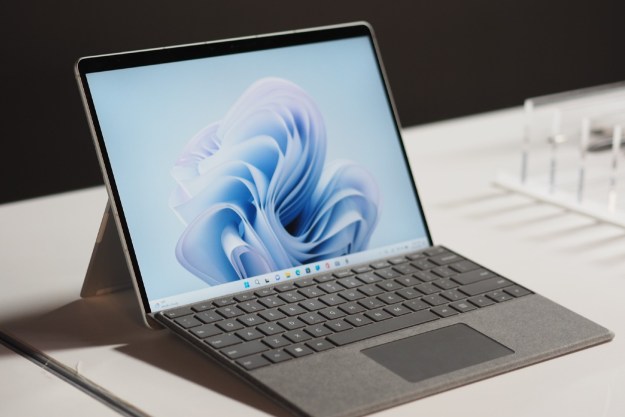
In an interview with the Los Angeles Times, AT&T senior VP James Cicconi has revealed that AT&T has started working with movie studios and record companies to develop antipiracy technology which would detect and block pirated content from traversing the company’s Internet networks.
The announcement makes AT&T the first major Internet carrier to undertake explicit engineering efforts to block piracy at the network level, and opens a host of technical, ethical, business, and consumer privacy issues the company will have to deal with—even assuming it can develop the type of technology it envisions. In essence, AT&T would assume the role of “copyright cop,” deciding what content can and cannot traverse its networks.
AT&T apparently believes that by engineering a network which is “safe” from digital piracy, the company will gain an upper hand in negotiations and distribution deals with movie studios and record labels as the digital media juggernaut continues to accelerate. If AT&T can make the argument that offering digital media on its network will not contribute to digital piracy, the company may be able to leverage exclusive deals from content providers—and possibly charge a premium for distributing media over its network. “We do recognize that a lot of our future business depends on exciting and interesting content,” Cicconi told the Los Angeles Times.
However, the move has also engendered a barrage of criticism from technologists and public interest groups. Technologies argue AT&T’s move will only create an “arms race” between AT&T’s antipiracy efforts and those seeking technical means to circumvent the measures: after all, antispam technology has not put an end to spam, antivirus technology has not put an end to malware, and copy protection schemes (like the currently beleaguered AACS) have not put an end to movie piracy. Public interest groups and privacy rights advocates point out that by inspecting user’s Internet traffic, AT&T is effectively saying that it can (and will) peer into every bit of data generated by its Internet customers and make a decision as to whether that data constitutes copyright infringement.
AT&T says it plans to only target repeat offenders, and will work within the boundaries of privacy laws and principles on online freedoms put forth by the Federal Communications Commission. But the sheer size of AT&T’s Internet network means that any widespread deployment of antipiracy technology will impact millions of Internet users, regardless of whether they are AT&T customers or not: AT&T operates a number of backbones and peering points in addition to regional and private networks, and a good deal of ordinary Internet traffic traverses AT&T’s network without either originating there or being destined for AT&T systems or customers. And consumers unhappy with any technology AT&T deploys may have no option but to accept it: AT&T control local monopolies on phone service in many areas where broadband alternatives are slim to none; the company is also aggressively rolling out fiber to the home as part of its U-verse offerings.
The technical hurdles to such sweeping antipiracy tools are not insignificant. Of course, transfer of copyrighted material can be perfectly legal, in the case of authorized copies and fair use exceptions like parody and excerpts. Will AT&T’s network be smart enough to make snap decisions regarding ownership, licensing, and copyright law? Erroneously blocking legitimate content the network believes to be pirated will be a quick way to irritate customers. Also, from a historical perspective, “dumb” networks which make no attempt to distinguish between types of data being transferred historically perform better than “smart” networks which attempt to manage or inspect data, for the simple reason that fewer things can go wrong with a “dumb” network, where a seemingly simply configuration change on a strongly managed network can have unexpected consequences. AT&T may find network-based antipiracy technology will earn the goodwill of studios and content producers, but cost them dearly in customer satisfaction and reliability.
Editors' Recommendations
- Developers help older Macs do something Apple won’t allow
- AT&T becomes ‘un-ISP’ of fiber internet with Hypergig plans
- Online learning can’t replace classrooms. Microsoft Teams wants to change that


